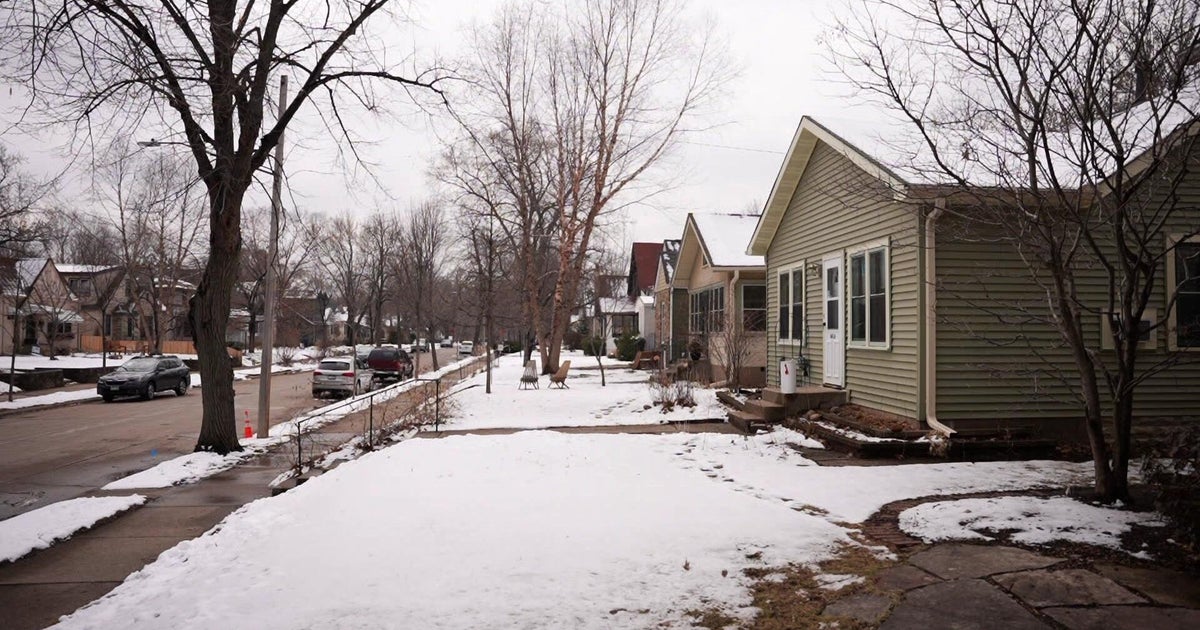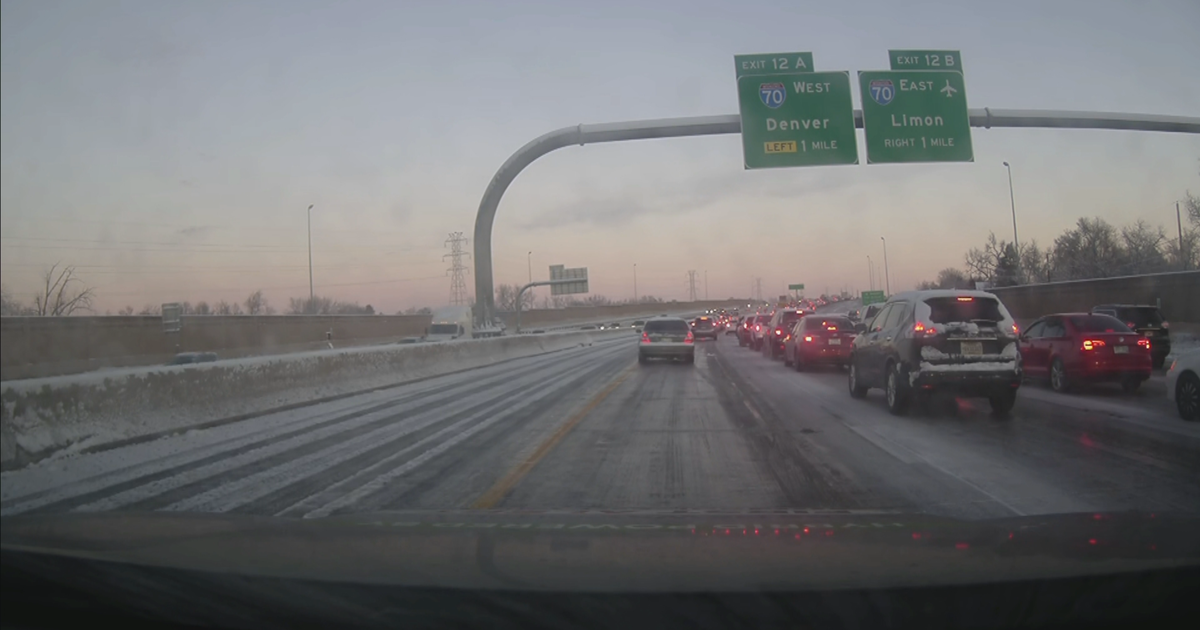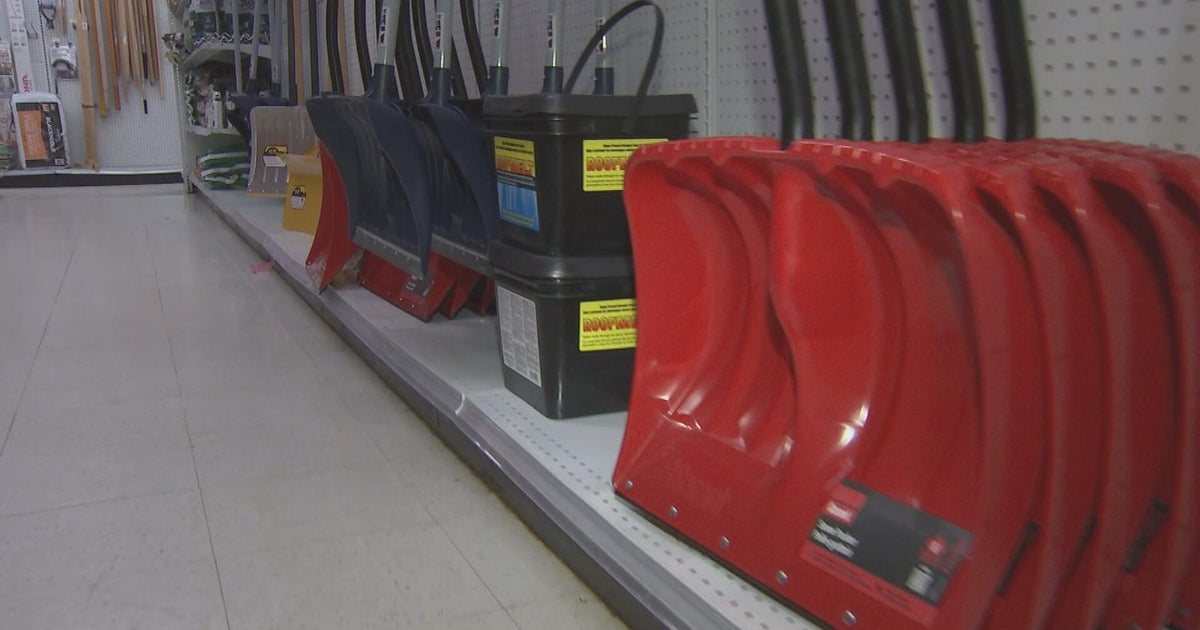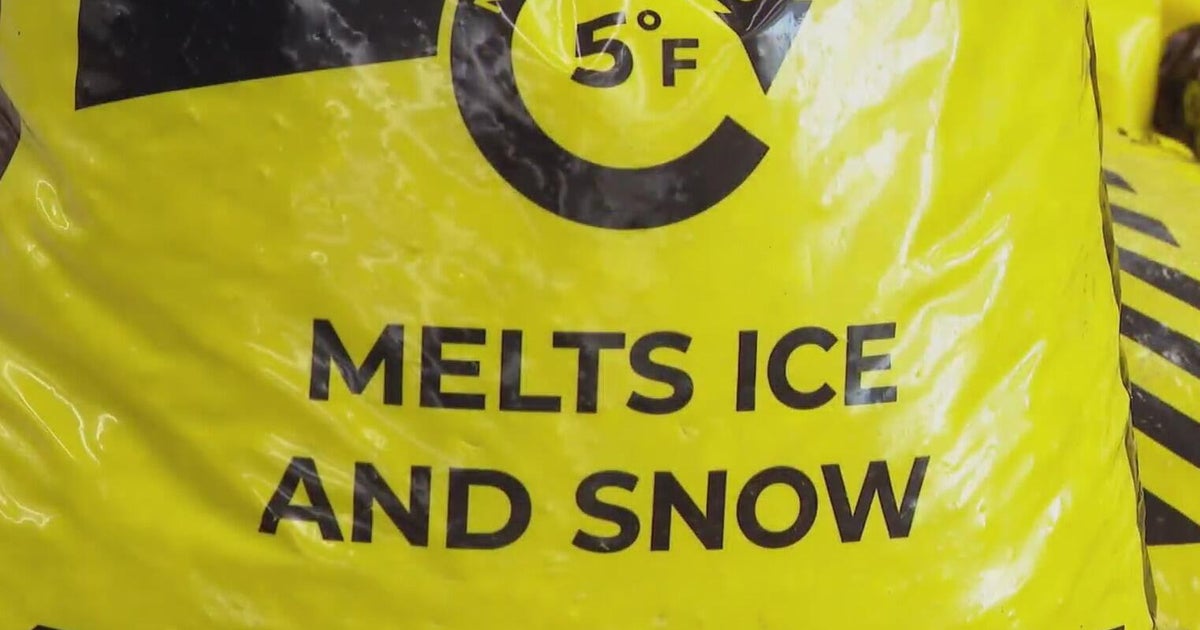As snow piles up, so do the bills for many Minnesota cities and counties
MINNEAPOLIS -- Every inch of snowfall now is another inch toward history for the Twin Cities. It also adds to the cost to you -- the taxpayer.
WCCO's Jonah Kaplan reports on how bills keep piling up for cities and counties because of the record snowfall.
The City of Minneapolis budgeting a little over $11.5 million for snow removal operations in 2023, but city officials tell us the historic snowfall is likely to push expenses up by nearly a million dollars, and it could be even more.
Anoka County, meanwhile, has already spent an extra quarter million dollars on salt supplies -- and that does include the price of putting it on the streets.
Overtime, fleet maintenance, salt supplies -- those are excess charges towns, cities and counties across the metro are having to deal with.
In Burnsville, the public works director spoke with WCCO about the extra toll on the staff from the long nights and weekends at work.
"The blades need to be changed more often, the cutting edges, hydraulic systems we've had failures there," Ryan Peterson said. "Often times public employees are not always viewed positively. This winter shows we really should value our public works employees because of what they've given up to make sure we can continue this year."
Aside from the cost, there's a human toll too.
"It's another, do I miss my kid's basketball game this weekend to come in and plow? Yes," Peterson said. "The thing about public works services is they have to be done."
A city or county public works department is not the only entity doing plowing. There are hundreds of landscaping companies that do plowing in the winter. Peter Doran has 1,000 reisdential accounts. They're tired too.
For the first time in 30 years, the company's plow drivers are making more trips than the high number given on a seasonal contract.
"We got to keep going out, we have to keep paying guys, we have to keep putting fuel in the trucks," Der'rel Fisk, who works for the company, said. "We're here to serve our customers, at the same time, it's obviously more work."
Many budgets are done on a calendar year instead of a fiscal year, so officials say the big financial picture won't be known until Dec. 31, and it's possible, maybe even likely, there will be snow on the ground then too.








